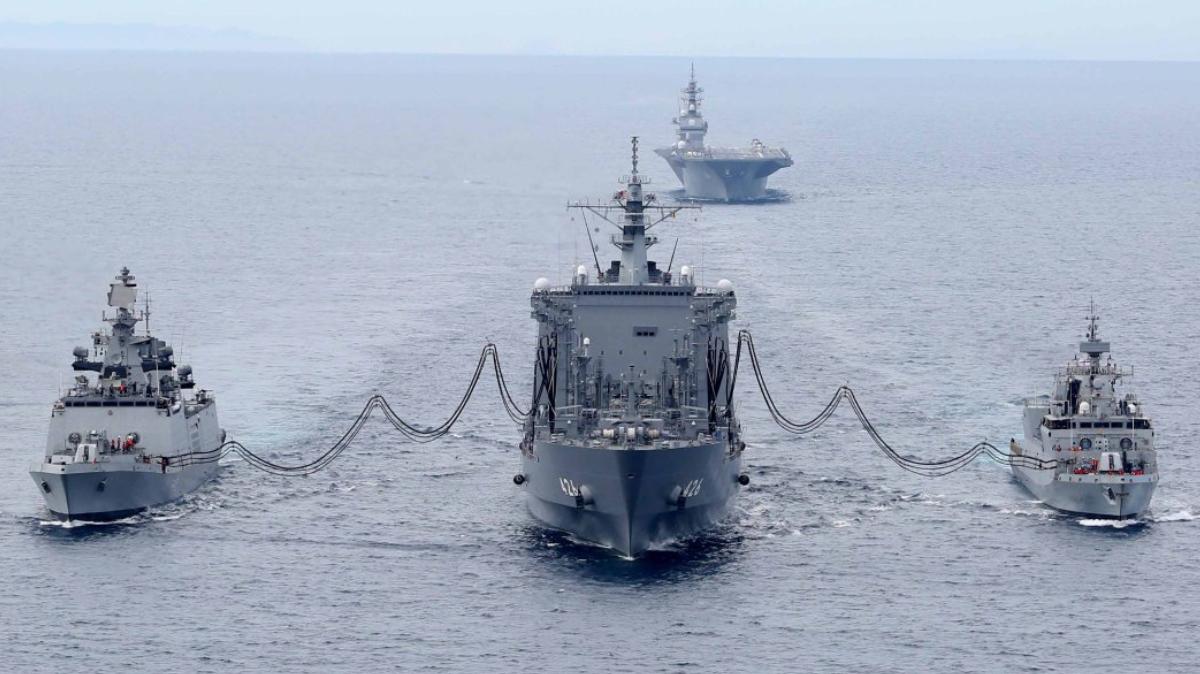In a strategic move to bolster maritime cooperation and maintain regional stability, India has announced its decision to deploy a fleet of warships to participate in the upcoming Malabar naval exercise off the coast of Australia. This decision comes after India’s absence from the Talisman Sabre joint military exercise, raising questions about its geopolitical priorities and its relationship with China.
The Malabar exercise, a multilateral naval drill involving India, the United States, Japan, and Australia, is seen as a crucial platform for enhancing interoperability and strengthening maritime security in the Indo-Pacific region. However, India’s absence from the recent Talisman Sabre exercise, which is a biennial joint military exercise primarily involving the United States and Australia, had led to speculation about the evolving dynamics in the region.
The decision to send warships to the Malabar exercise showcases India’s commitment to maintaining its strategic partnerships and reinforcing its presence in the Indo-Pacific. The move also comes against the backdrop of ongoing uncertainties in India-China relations and the broader geopolitical landscape.
While the Malabar exercise is meant to promote cooperation and security among the participating nations, it is being closely watched by analysts for any signals it may send about the evolving alliances and rivalries in the region. India’s participation is viewed as a statement of its commitment to the shared values of a free and open Indo-Pacific, even as it navigates its relationships with its neighbors.
The Ministry of External Affairs stated that India’s participation in such exercises underscores its support for a rules-based international order and its commitment to preserving peace and stability in the region. The deployment of Indian warships for the Malabar exercise highlights the nation’s intention to work alongside its partners in ensuring maritime security and freedom of navigation.
As the global geopolitical landscape continues to shift, and regional dynamics evolve, India’s role in multilateral exercises like the Malabar drill assumes significance beyond military cooperation. It signals India’s intent to actively engage with nations that share similar objectives and interests, even as it maintains diplomatic channels with its neighbors.
The participation of Indian warships in the Malabar exercise underscores the nation’s determination to collaborate with its partners to navigate the challenges of an uncertain world, uphold international norms, and safeguard the interests of all stakeholders involved.










